NIMBY neighbours thwart plan to lift major event cap at Centennial Park, citing noise concerns, impact on grass
A major plan to increase the cap on big events at Centennial Park has been thwarted after backlash from NIMBY neighbours, who feared hordes of festivalgoers would trample the grass and leave locals unable to sleep.
Central Sydney
Don't miss out on the headlines from Central Sydney. Followed categories will be added to My News.
A plan to increase the cap on big events at Sydney’s Centennial Park has been thwarted after backlash from NIMBY neighbours, who feared hordes of festivalgoers would trample the grass and leave locals unable to sleep.
Australia’s peak festival body has hit out at the NSW Government’s decision to knock back a proposed increase in the number of major events permitted to be staged at the inner city parklands, despite the lifting of similar caps at nearby Allianz Stadium last year.
Under the current rules, no more than eight major events can be held at Centennial Park during a single calendar year.
The Australian Festival Association backed a plan for the restriction to be lifted to 12 as part of a regulatory review of the site.
But some nearby residents fought the proposal due to concerns over noise, anti-social behaviour and fears the grass at the parklands would be “trampled” by rowdy revellers.
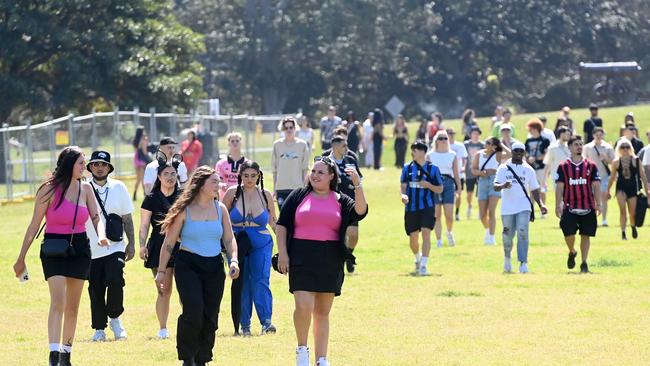
Greater Sydney Parklands – the state government agency that oversees the park – also opposed lifting the cap, warning an increase in major events had the potential to “attract significant community criticism”.
Australian Festival Association managing director Mitch Wilson said the decision went against the NSW Government’s own reforms, which were aimed at boosting the city’s live music and entertainment scene.
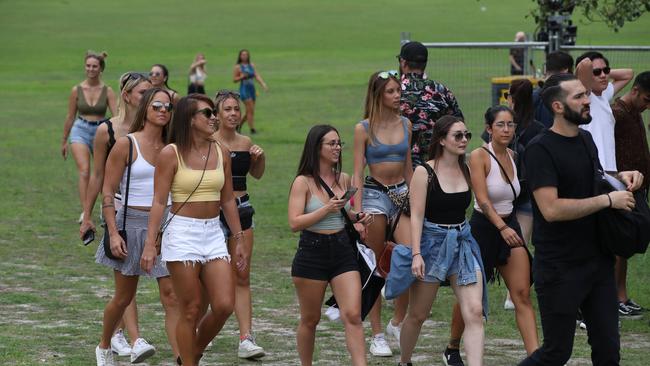
Cr Wilson – who also serves as a Labor councillor for the City of Sydney – also accused the party’s state government of “double standards” after it refused to make changes at Centennial Park despite increasing Allianz Stadium’s major event cap last year.
“Given the government’s pro-nightlife agenda, it’s an extremely disappointing decision and it doesn’t make any sense given the cap was increased at Allianz Stadium,” Cr Wilson said.
“The current restrictions on Centennial Park are a major deterrent for festivals and we’ve already had big events look at relocating to other sites because of the restrictions.”
Cr Wilson said the “onerous” regulations governing Centennial Park included hiring fees of up to $200,000 for a single event and some festivals having to pay a percentage of revenue, including money from ticket sales, to the Centennial Park Trust.
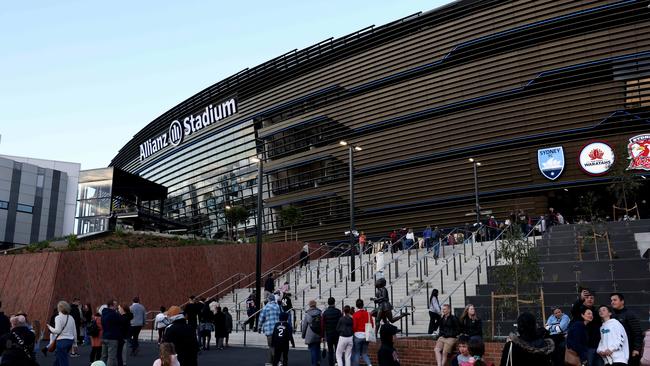
Cr Wilson also said lifting the cap could have increased the feasibility of festivals being staged at the site by potentially enabling separate festivals to share costs by holding events on back-to-back weekends.
Centennial Park Residents’ Association co-chair Peter Tzannes, who lives near the parklands, believes the current cap of eight events per year is more than generous.
“The park and grass takes a battering during festival season and it can take months for the grass to grow back,” he said.
“On top of that, there’s anti-social behaviour – you’ve got litter, people go the loo all over our fences.
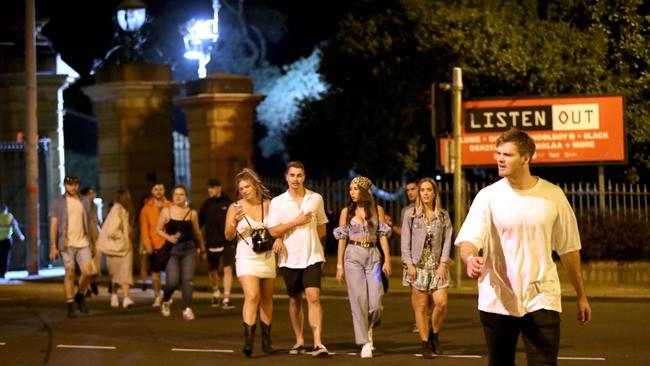
“There’s been a lot of accidents with drug use as well as neighbours.
“The huge crowds, noise and traffic have a big impact on our properties.”
Greater Sydney Parklands, which opposed the move, said large events could impact the ability for the general public to use the parklands due to field and road closures and that lifting the cap risked attracting “significant community criticism”.
Despite opposing the increased cap, Greater Sydney Parklands chief executive Joshua French said the agency was “a major supporter of the music industry” and the park continued to host major events including Listen Out, Good Things, Laneway, and Knotfest.
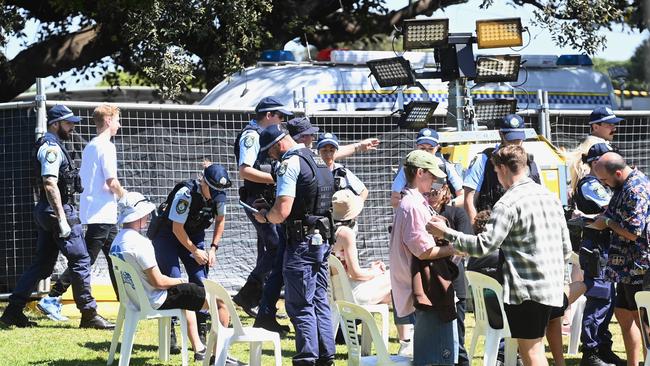
The agency said the regulatory settings also “provide the necessary balance for the many thousands of visitors to the parklands each week” to ensure “people can enjoy the park in various ways”.
The decision to maintain the cap at eight coincides with the state government seeking feedback on cultural planning reforms, which outline potential changes to boost the state’s entertainment sector in NSW including event capacity at Centennial Park.
Cr Wilson has supported the proposed reforms, saying regulatory change is needed to ensure festivals can navigate increased costs and red tape which had already forced the cancellation of a series of big name festivals, including Splendour In The Grass, over the last two years.
Paul Scully said the NSW Government is committed to bringing “vibrancy back to the NSW economy and community around the clock.”
“We want NSW to offer a choice of destinations for visitors, locals and workers alike,” he said.





